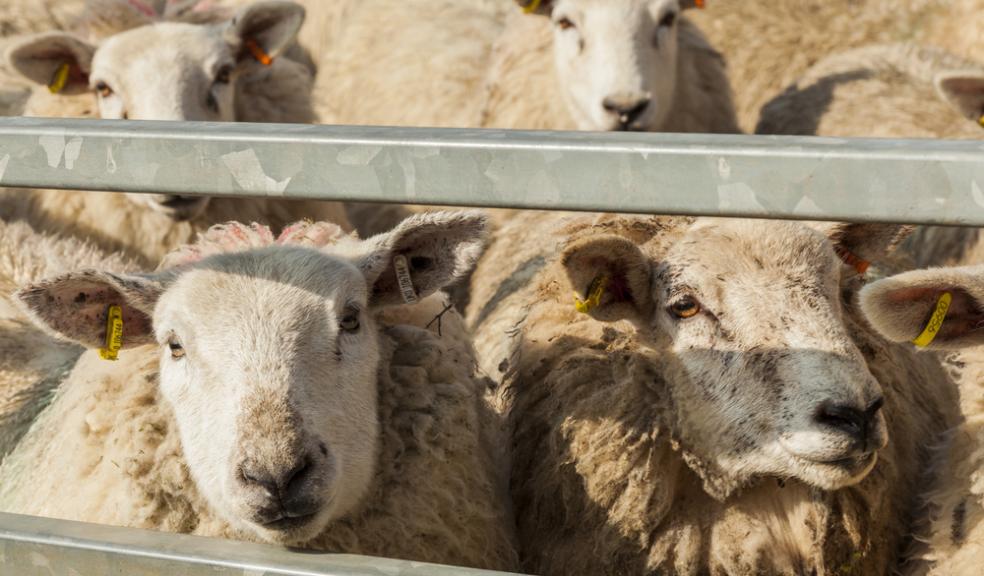
Ministers urged to meet farming unions
The UK’s farming unions are calling for the four UK farming ministers to hold a joint meeting with them to find solutions to the serious problems facing farmers.
The dairy, lamb and arable sectors in particular are seeing serious challenges. Official figures show that the number of dairy farmers in England and Wales has gone down constantly over the time. Since January 2015, 236 farmers have left the dairy sector and the trend look set to continue.
The NFU also estimates that only around 10 per cent of dairy farmers are on contracts that track farmers’ cost of production. Most of the remaining dairy farmers are selling milk below the cost of production. And on lamb, while total imports of lamb have decreased by 2 per cent from January to May 2015 compared to same period in 2014, imports of New Zealand lamb are up by 2.8 per cent. This is significant because New Zealand lamb accounts for 77 per cent of all lamb imports to the UK. In the arable sector, rapeseed, feed wheat and barley growers are also receiving less than the cost of production.
Against this current background, the Presidents of the NFU, NFU Scotland, Ulster Farmers’ Union and NFU Cymru have announced an emergency summit of farming organisations on Monday. They are calling for farming ministers to recognise the seriousness of the problems facing many farming sectors and to work together to find urgent and practical solutions to address them.
In a joint statement the UK farming unions said:
“We recognise that some of the problems our members face are the result of world market conditions. We also believe that some of the solutions also lie at EU level which is why the UK farming unions will be attending the emergency Council of Agriculture Ministers on September 7 in Brussels. At that emergency meeting, UK ministers need to visibly back British and UK farmers.
“However, we are in no doubt that the current issues are exacerbated by factors unique to the UK.
These include dysfunctional supply chains, the predominance of the major retailers and subsequent retailer price war, pressure on markets from New Zealand lamb imports. And while fresh liquid milk makes up 50% of the dairy market there is an urgent need for more value added dairy processing capacity for the rest of the milk produced so that farmers can turn their focus to producing milk for value added products such as cheese and butter.
“Ultimately we need to be in a situation where farm businesses have sustainable incomes that allow them to reinvest and remain competitive so while recent developments like the proposal for tax averaging and a more stable Annual Income Allowance are welcome, more immediate fiscal solutions are also now needed to help with the current cash-flow issues facing many farmers, including introducing more flexibility on loss reliefs.
“UK farmers do have the potential to play an enormous part in the economic recovery of the UK and, at the same time, to provide much more of the food the country needs. Therefore we call on the UK farming ministers to meet jointly with us as soon as possible to identify what they can do to alleviate the very serious problems facing our industry and help the UK farmers reach their very real potential.”











